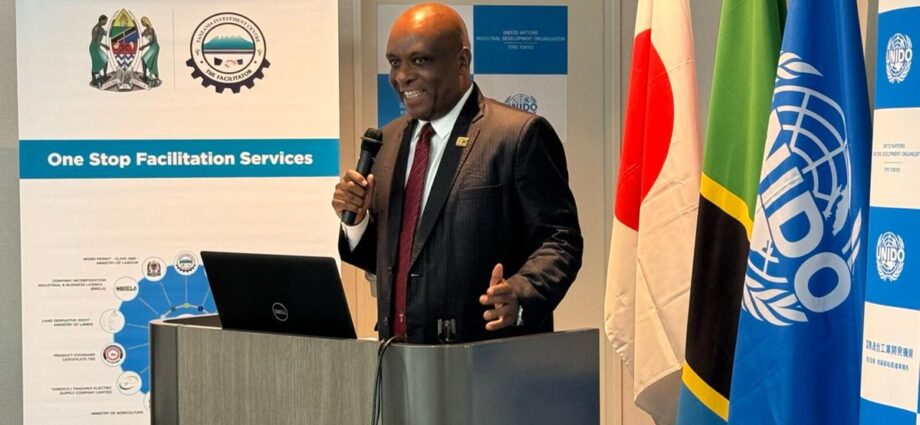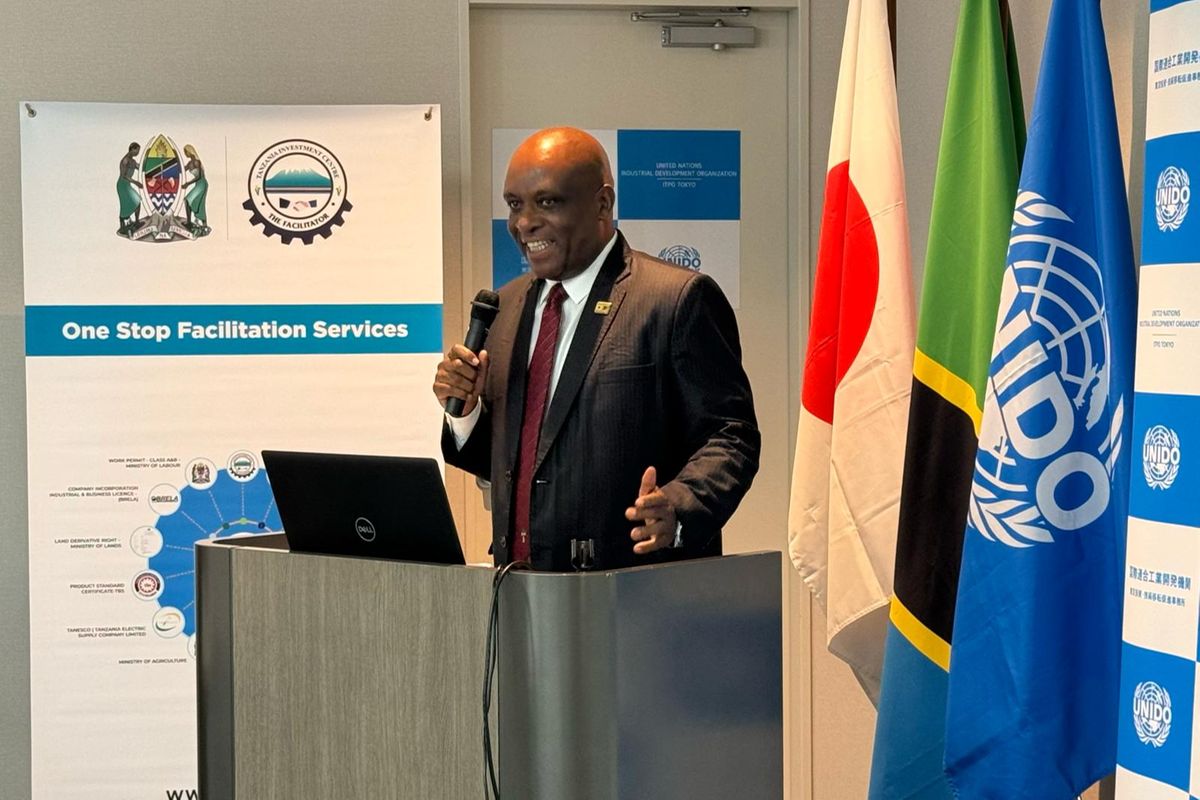Dar es Salaam. A successful investment promotion campaign led by the Tanzania Investment Centre (TIC) and the Tanzanian Embassy in Tokyo has garnered significant interest from Japan.
As a result, over 100 Japanese investors are expected to visit Tanzania in October 2024 for further discussions and finalisation of investment agreements with Tanzanian companies and relevant sectors.
The campaign, which kicked off on May 27, 2024 and concluded today, involved investment forums held in major Japanese cities like Tokyo, Osaka, Shizuoka, and Chiba.
Spearheaded by Tanzanian Ambassador to Japan Baraka Luvanda and TIC Executive Director Gilead Teri, the initiative attracted a diverse range of Japanese investors and companies.
A press statement issued to The Citizen by the Tanzania Embassy in Tokyo says that on top of that, the Japan International Cooperation Agency (JICA) and TIC have agreed to exchange experts to further promote and encourage more investment from Japan.
“The campaign has achieved significant success in attracting and encouraging Japanese companies to invest in Tanzania,” reads part of the statement.
Furthermore, the statement says, the unique campaign aimed at promoting Japanese investment was organised in collaboration with other players; the United Nations Industrial Development Organisation (UNIDO), and the United Nations Development Programme (UNDP).
Japan is among the countries that have invested significantly and engaged in various activities in Tanzania, creating employment opportunities for many Tanzanians.
Some of the Japanese companies operating in Tanzania include Japan Tobacco which has partnered with the Tanzania Cigarette Company (TCC) and Sumitomo Chemicals working together with the A to Z mosquito net manufacturing plant in Arusha.
Others are the Tanja investing in coffee farms in Tarime; the Dodoma-based Matoborwa which specialises in fruit drying, and the Baridi Baridi Company which is engaged in air conditioning systems.














